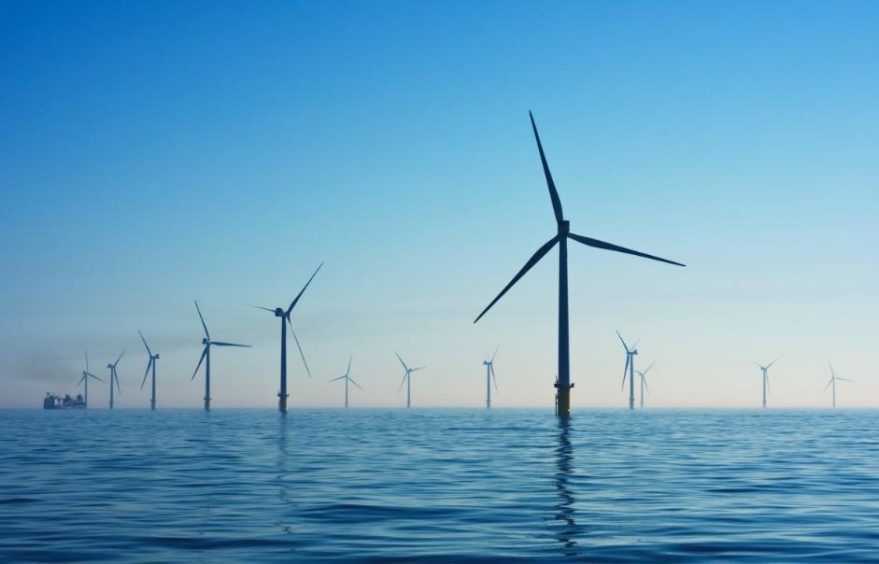
The Asian Development Bank (ADB) will no longer finance new coal-fired power capacity, as well as oil and gas exploration and production, it announced in a draft policy statement on Friday.
Environmental groups welcomed the move towards a low-carbon energy economy, but said it had been a long time coming.
The multilateral development bank, which focuses on eradicating poverty in Asia, provided no timeline for its commitment. It also set out terms under which fossil fuel projects would continue to receive funding, such as where no other cost-effective technology was available.
Yongping Zhai, head of the ADB’s energy sector, said the draft would be deliberated by its board of directors in October.
“The draft coal ban policy is a decade late, but it still helps build the economic case for the energy transition to governments and investors, and will help avoid more stranded coal assets,” said Pedro H. Maniego Jr., senior policy adviser at the Institute for Climate and Sustainable Cities.
“If the Bank will consider fossil gas as a bridge and transition fuel, it needs to stipulate an end,” he added.
The bank declared in 2018 a shift to clean energy, backing $2 billion worth of investment into renewable energy and energy efficiency, to meet a $3 billion target for 2020. In March, it also set a target of $80 billion worth of climate financing by 2030.
Set up in the early 1960s and headquartered in Manila, the ADB has channelled $42.5 billion into the energy sector across the region between 2009 and 2019, it said on its website.

